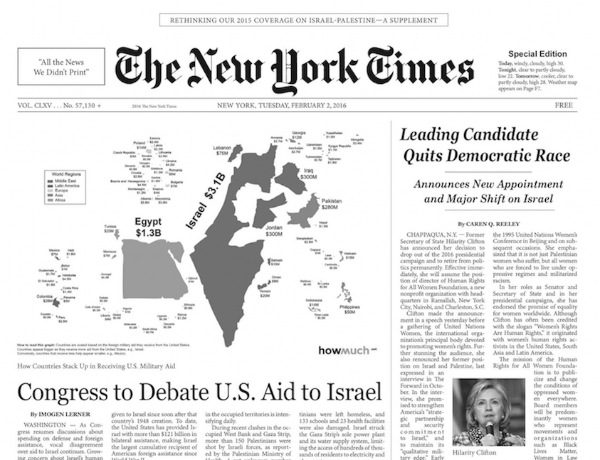How fascism is coming to America: It’s happening when people decide the ideal society is one where everyone thinks the same way. And it’s happening when people who know better, kowtow to the dictates of social media instead of doing the right thing.
 I didn’t know the New York Times hired Quinn Norton until I saw news they’d parted ways. Without question, this is a greater loss to the Times and its readers, than it is to Norton — although there’s no doubt it must be a major disruption to her life and that of her family.
I didn’t know the New York Times hired Quinn Norton until I saw news they’d parted ways. Without question, this is a greater loss to the Times and its readers, than it is to Norton — although there’s no doubt it must be a major disruption to her life and that of her family.
The irony of the situation, representative of this perverse cultural moment, is that the people most likely to take satisfaction in this turn of events probably neither read the Times nor previously had heard of Norton.
These would be the folks who take pride in their own ideological purity while failing to see that ideological purity — whatever the ideology — is a really form of fascism.
Anyone who in thought and action marches in lockstep with others and who attaches supreme value to their allegiance to a cause (however noble that cause might appear), has crossed a threshold qualitatively no different from that crossed by every German who once declared: Heil Hilter!
It doesn’t matter what the cause is. The choice of surrendering to some kind of external ideological authority has the same effect irrespective of the ideology: it makes the individual’s conscience and capacity to make independent judgments subordinate to what that individual has designated as a higher authority. It is a form of subservience that corrodes the foundations of an open society. [Continue reading at my new site: Attention to the Unseen]

